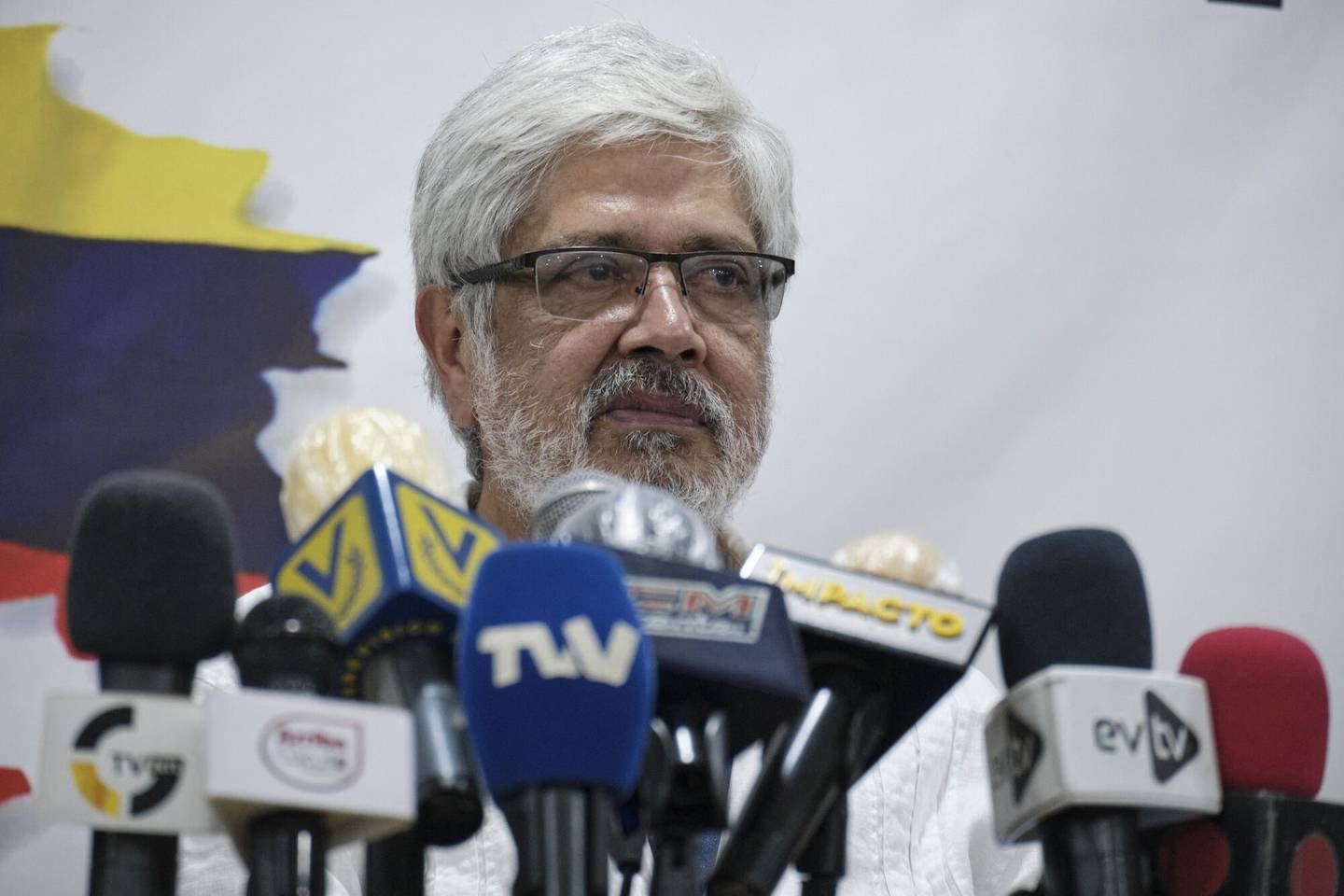By Oscar Medina and Eric Martin
According to a senior official, Colombia is studying the need for more exploration contracts after a report showed oil and gas reserves are in decline.
The government wants to lead a transition away from fossil fuels while limiting any negative impact on the economy, Trade Minister German Umaña said Thursday in a telephone interview.
“Measures will surely be taken to ensure environmental sustainability, but also economic sustainability,” Umaña said from Washington, where he met with US officials to discuss the trend toward increasing global protectionism.

Gustavo Petro won the presidency last year by pledging to phase out the use of oil and coal.
So far, his administration has refused to issue new exploration licenses, although some of his ministers have hinted that this policy could be changed.
Colombia should consider the remaining importance of oil and gas for the balance of payments and fiscal accounts, said Umaña.
Oil and coal accounted for about half of Colombia’s exports in 2022.
He added that the government should also consider how sectors such as tourism are performing to gauge how quickly Colombia can handle the transition.
PERIOD OF HOSTILITY
Trade with Venezuela is expected to increase to US$1.2 billion this year compared to US$700 million in 2022, Umaña said.
Business between the two neighbors is growing rapidly after Petro restored diplomatic relations when he took office last year, ending a long period of hostility between Bogota and Caracas.
Venezuela was previously a major export market for Colombian goods, receiving US$6 billion in 2008.
But bilateral trade plummeted as relations deteriorated.
Umaña says trade could gradually increase to about US$4.2 billion by 2026.
“The biggest obstacle to export growth is Venezuela’s demand capacity,” he said.
As Venezuela’s economy grows, he said Colombia could boost exports to the pharmaceutical, agricultural, automotive, and particularly metal-mechanic and steel sectors, vital to recover Venezuela’s oil sector.
IMPORT TARIFFS
Colombia needs to protect some sectors against anti-competitive practices in developed countries, such as production subsidies, which make it difficult for Colombian products to compete, Umaña said.
He did not say which sectors need protection, although Petro has often advocated measures to defend Colombian agriculture.
In December, the nation imposed a 40% import tariff on clothing to protect its textile industry.
With information from Bloomberg
News Colombia, English news Colombia, Colombian oil and gas

